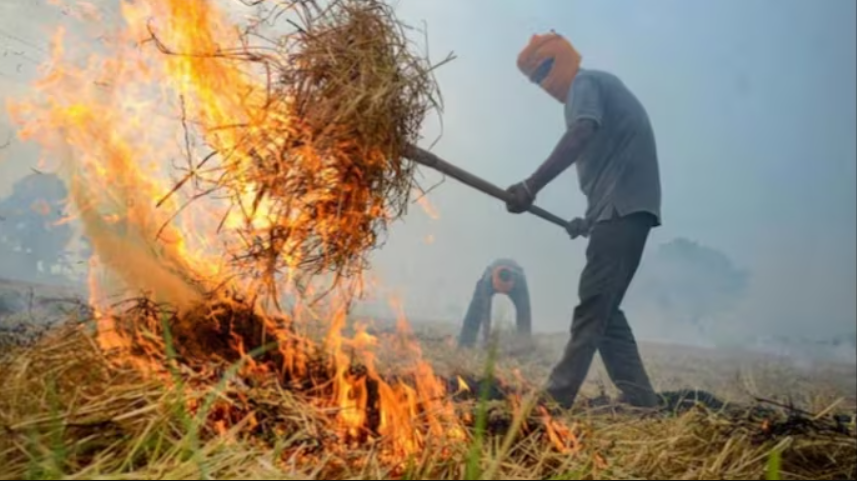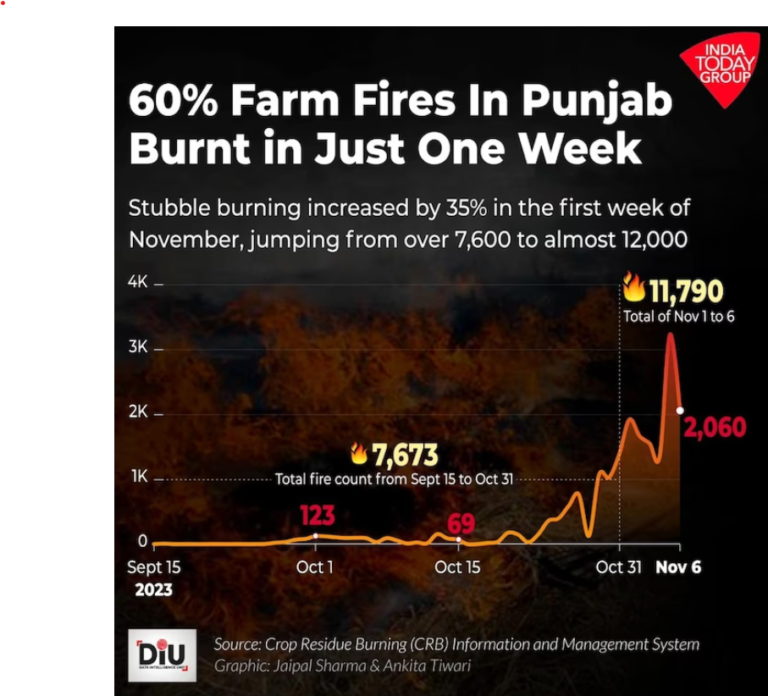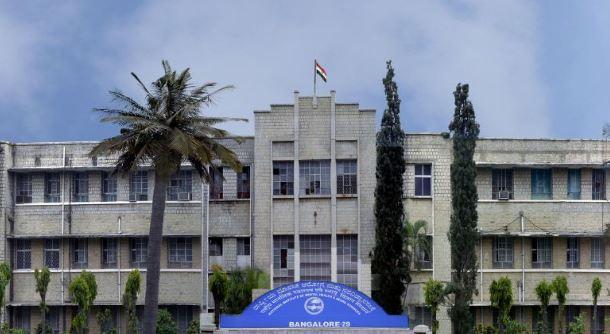Supreme Court’s Warning to Tackle Stubble Burning and Air Pollution Crisis to Improve Air Quality

A Grave Air Quality Concern
On 7th October 2023, the Supreme Court of India issued a stern warning to the governments of Punjab, Delhi, Uttar Pradesh, and Rajasthan in light of the deteriorating air quality in the national capital. The court’s sharp reprimand underscores the urgency of addressing the persistent issue of stubble burning, which significantly contributes to the worsening air pollution in Delhi and its surrounding regions.
The Supreme Court’s Disapproval: Demanding Immediate Action
A top court bench rebuked the governments of Delhi, Punjab, Uttar Pradesh, and Rajasthan over their inadequate efforts to curb stubble burning. The court emphasized that Delhi, as the national capital, cannot endure severe air pollution year after year. This stern message from the highest legal authority in the country underscores the need for swift and effective action to combat the air quality crisis.
The Call for Stakeholder Collaboration: A Meeting for Solutions
Recognizing the gravity of the air pollution issue, the Supreme Court has called upon all stakeholders to convene on the following day for a crucial meeting. The purpose of this meeting is to bring together key authorities to ensure a collective effort in addressing the crisis. The court has emphasized the need for concrete actions that will lead to tangible improvements in air quality.
A Non-Political Approach: Prioritizing Public Health
The Supreme Court has explicitly stated that air pollution in Delhi should not be turned into a political debate. Justice Kaul, one of the members of the bench, directed the counsels representing the states to acknowledge the severe health issues faced by children in the national capital due to pollution. This strong stance underscores the imperative of transcending political considerations to address the immediate health concerns of Delhi’s residents.
The Issue of Timing and Seriousness: Stubbing Out Stubble Burning
Punjab’s Attorney General pointed out that stubble burning occurs for a limited period, spanning 20 to 50 days. However, Justice Kaul countered by emphasizing the timing of these burnings, highlighting the lack of seriousness attached to the issue. The court unequivocally stated that it is imperative to cease stubble burning immediately, employing both forceful measures and incentives when necessary. The court further emphasized that state administrations, down to the local level, must take responsibility for ending this practice.
The Challenge of Vehicular Pollution: A Major Concern
Acknowledging that vehicular pollution is a significant contributor to Delhi’s air quality problem, the bench inquired about the measures taken by the Delhi government to restrict the entry of vehicles into the national capital. This discussion reveals the multifaceted nature of air pollution challenges in the city, necessitating comprehensive solutions.
Shifting to Alternative Crops: A Way to Prevent Farm Fires
The Supreme Court urged the advocate representing the Central government to assist states in transitioning to alternative crops, particularly away from paddy cultivation, to avoid farm fires. The court’s insistence on the prompt and effective implementation of this change underscores its zero-tolerance approach to the air pollution crisis.
Non-Functional Smog Tower and the Need for Accountability
During the hearing, it was brought to the court’s attention that a smog tower, previously installed in Delhi in response to court directives, is non-functional. The court expressed its disappointment with the Delhi government for this failure. It emphasized the urgency of having functional smog towers in place and holding accountable those responsible for their upkeep.
Addressing Solid Waste Burning: Preventing Open-Air Disposal
The Supreme Court also issued directives to ensure that solid waste is not burned in the open during this season, a common practice that contributes to worsening air quality. This action aligns with the court’s commitment to addressing all factors contributing to the pollution crisis.
Political Controversies and Responsibilities: A Complex Landscape
The air pollution crisis has been marred by political disputes, particularly between the Aam Aadmi Party (AAP), which governs both Delhi and Punjab, and the Bharatiya Janata Party (BJP). The AAP claims that farm fires have decreased since it came to power in Punjab and, in turn, blames the BJP for failing to control pollution in Haryana and Uttar Pradesh, states governed by the BJP.
Way Forward: Urgent Action Needed to Salvage Public Health
The Supreme Court’s unequivocal warning underscores the immediate need for stringent and concerted efforts to address the air pollution crisis in Delhi and its surrounding regions. The urgency of the situation requires collective action, transcending political considerations and focusing on safeguarding the health and well-being of Delhi’s residents. The severe consequences of air pollution, particularly for vulnerable groups like children, demand swift and effective measures to mitigate this grave public health threat.

Source: India Today
Click here to read more about the Delhi Air Pollution Crisis.





